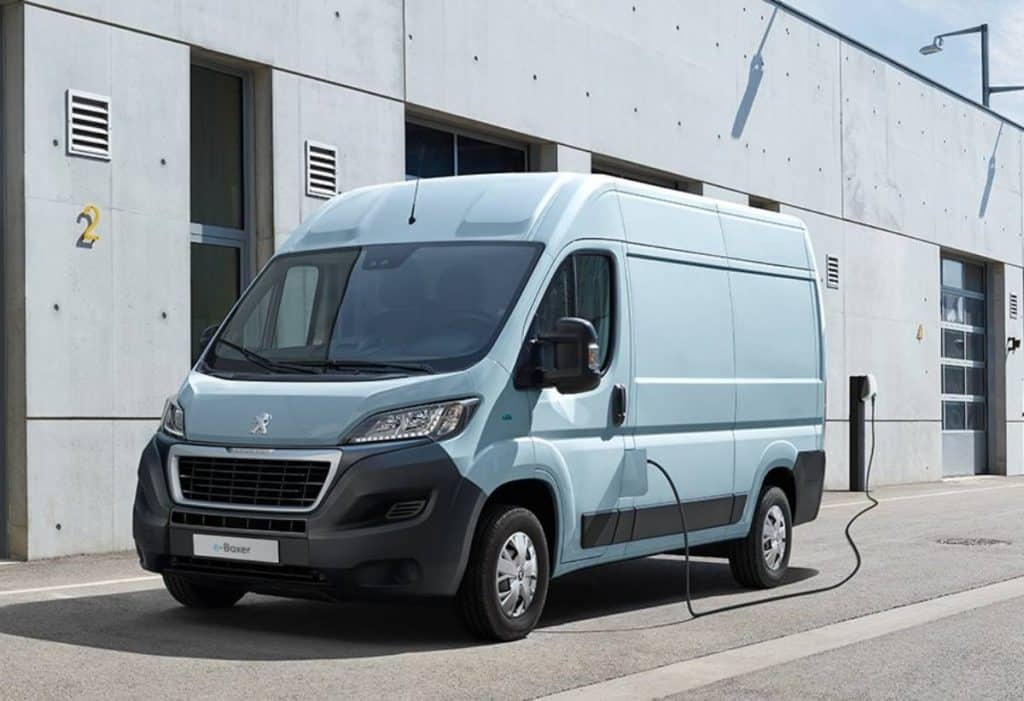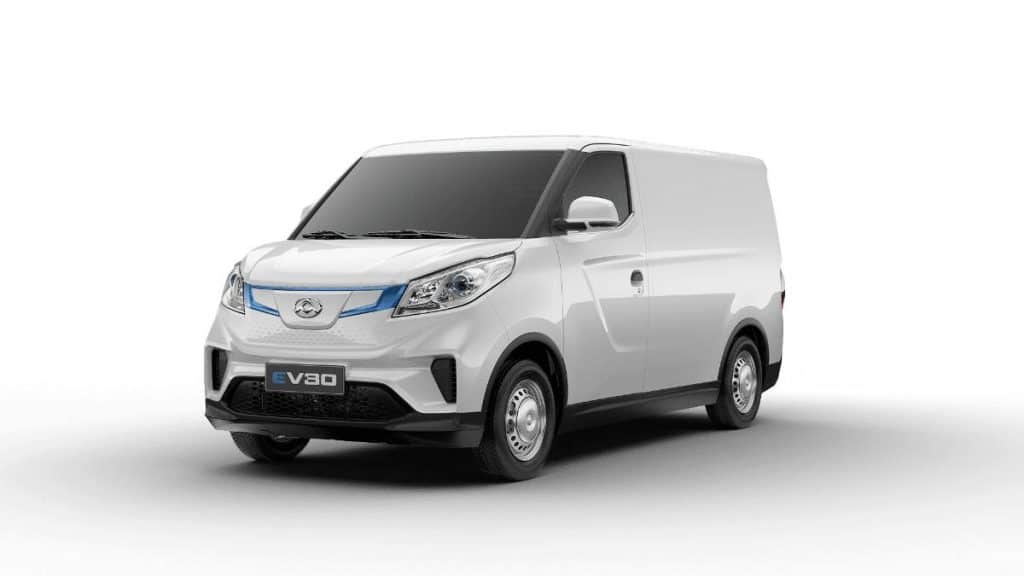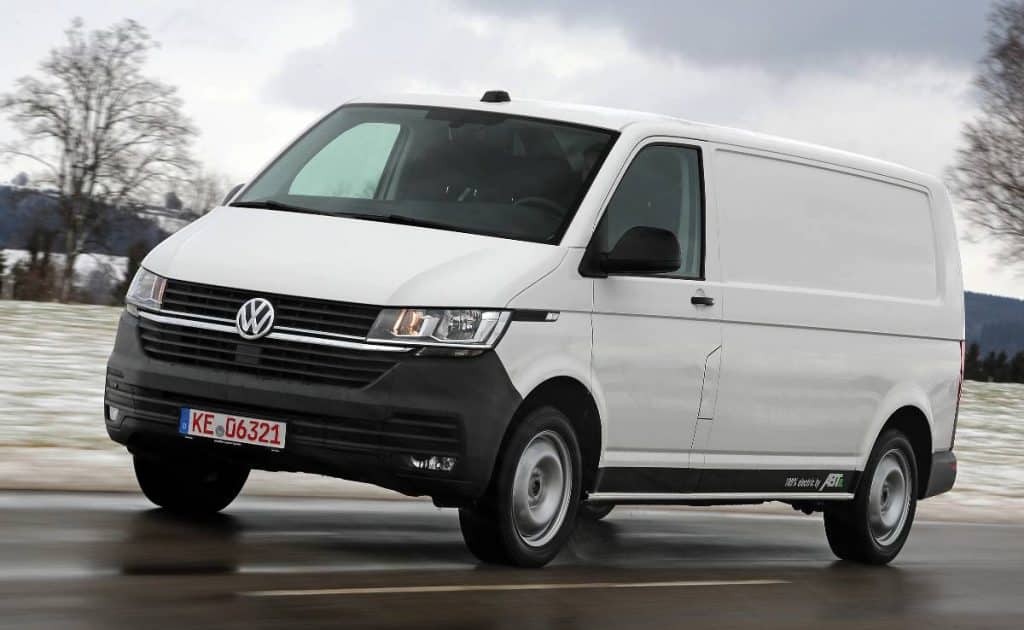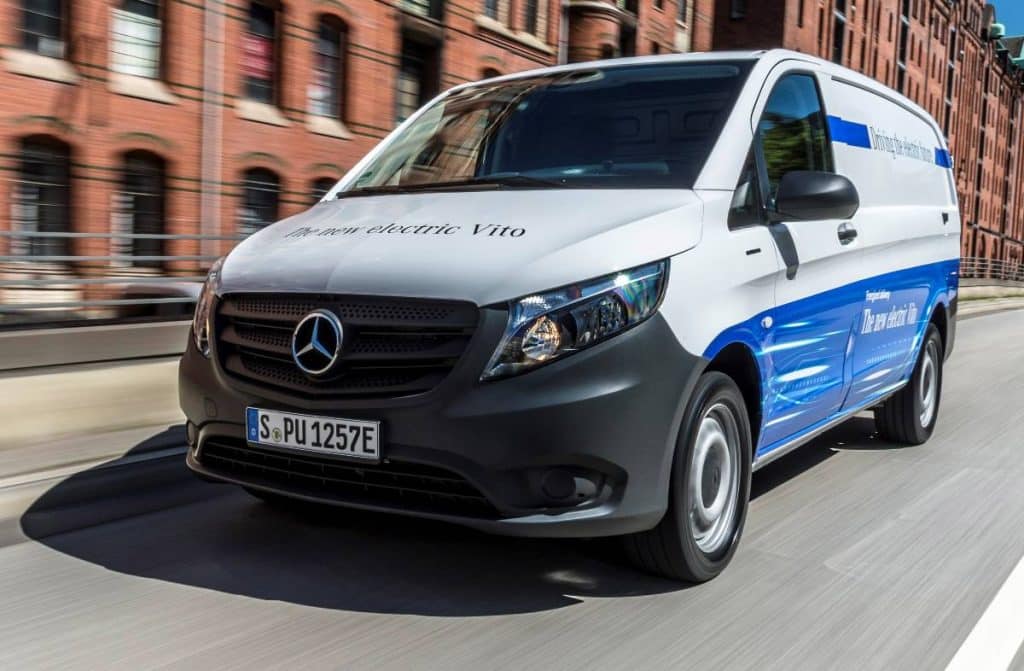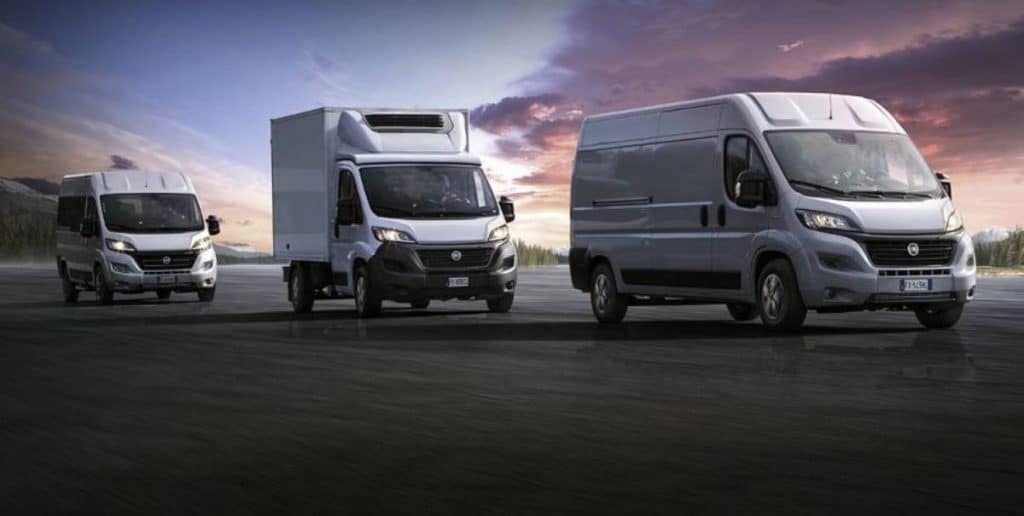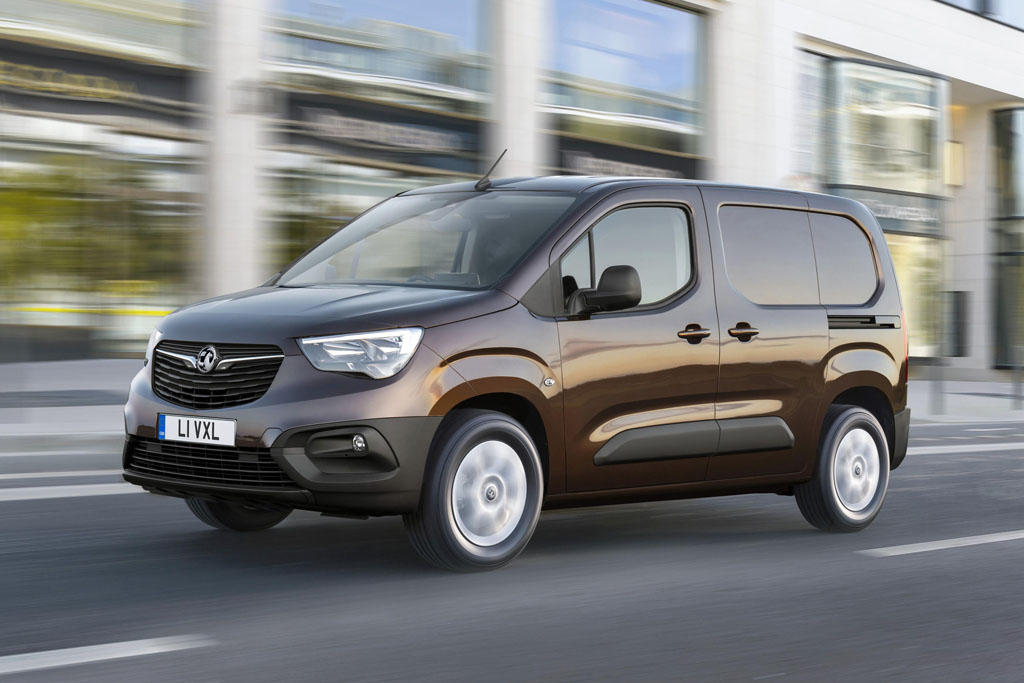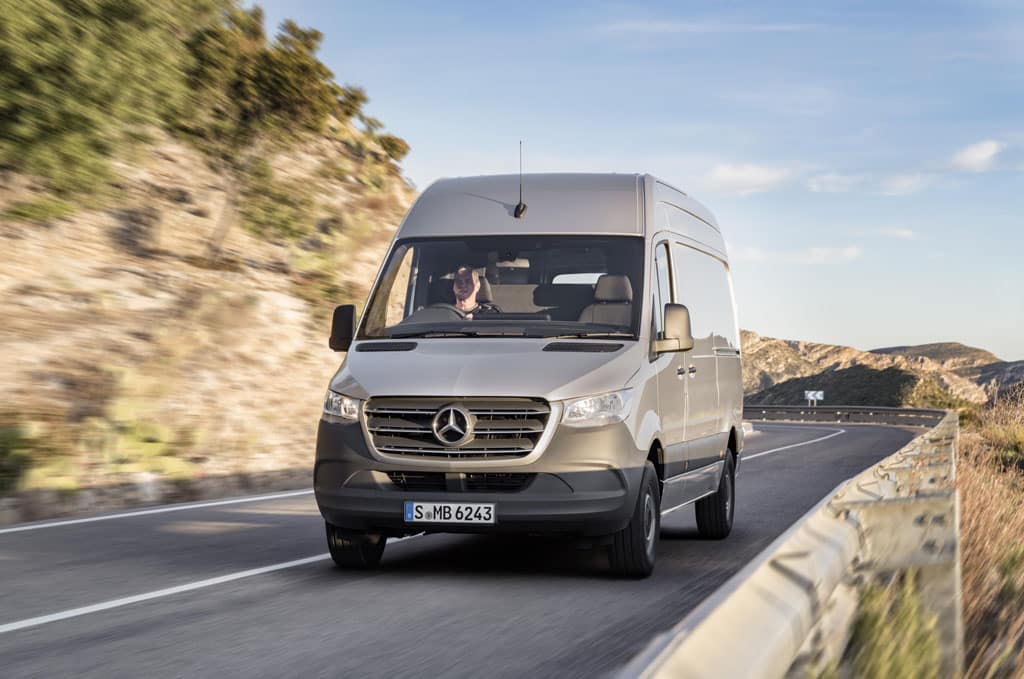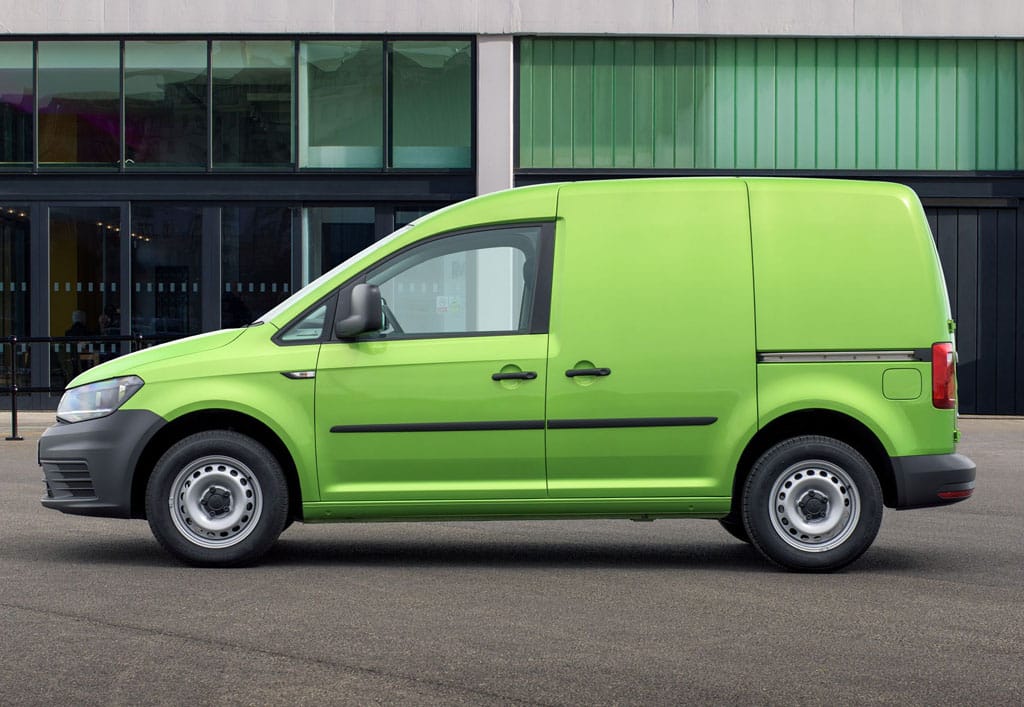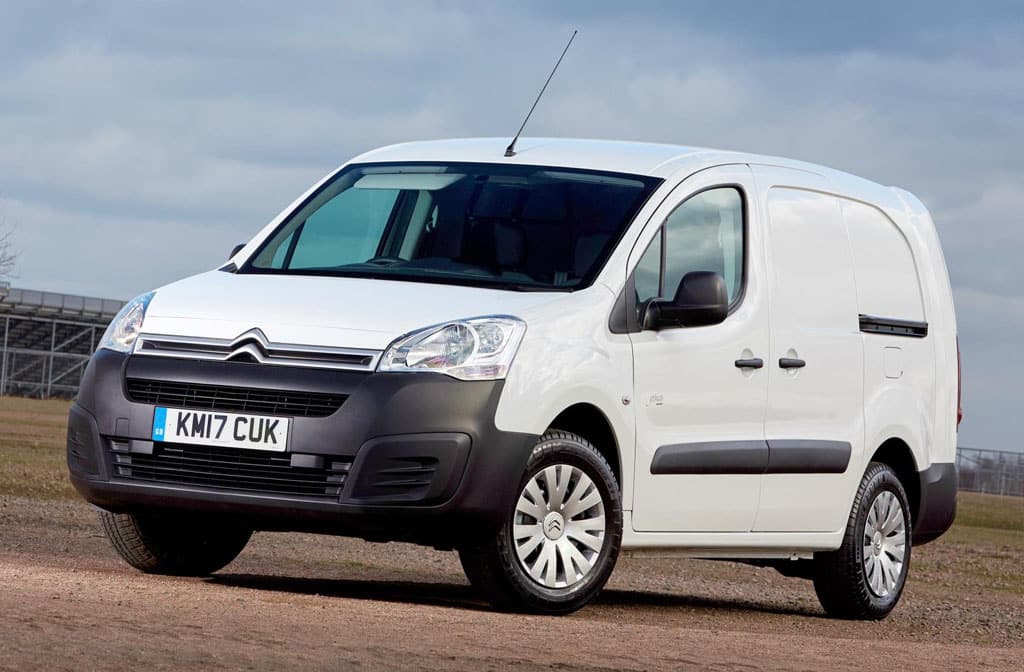Peugeot e-Boxer (2021)
The Peugeot e-Boxer is a large electric van that offers a range of 139 miles and a variety of body sizes. It’s a well-designed panel van that is suitable for multi-drops, and it shares the same platform as the Vauxhall Movano-e and the Citroen e-Relay.


